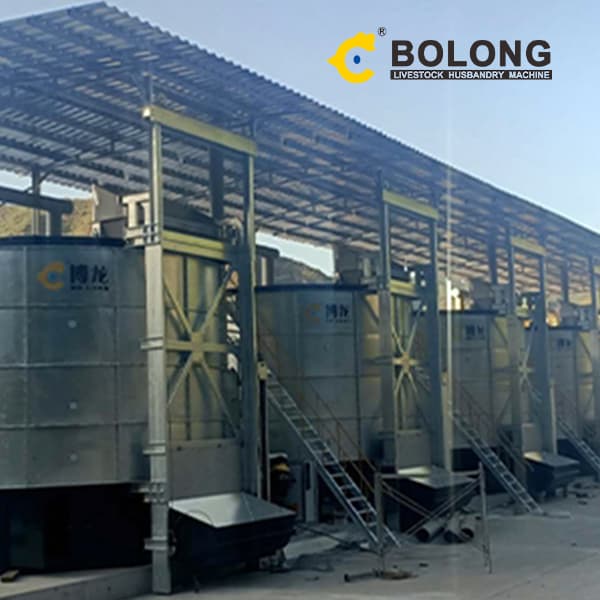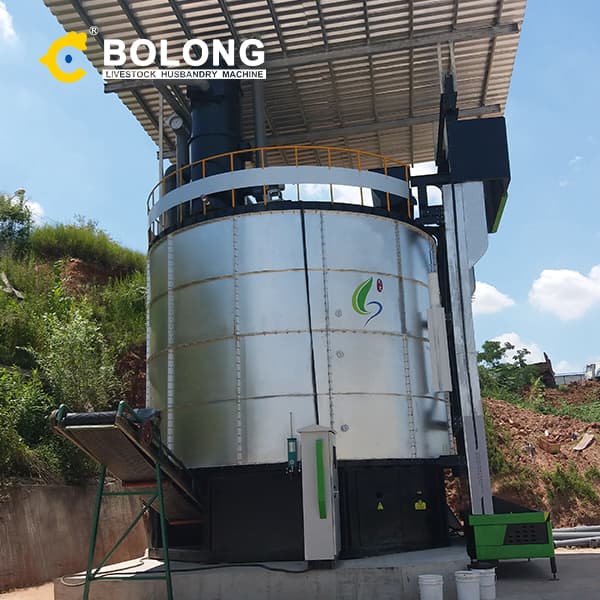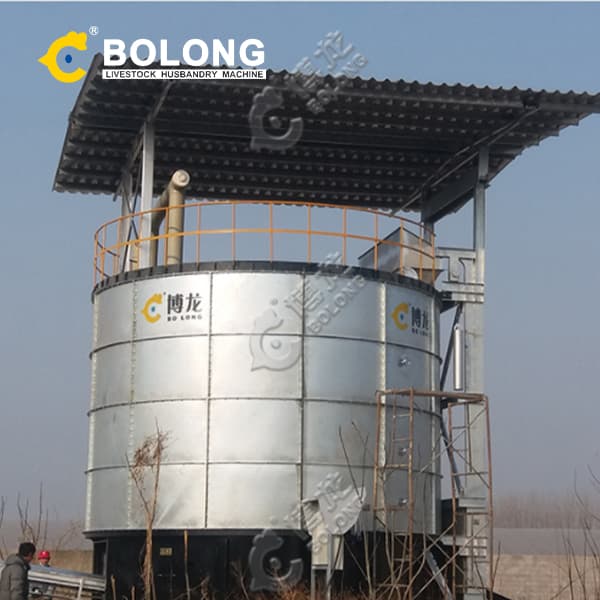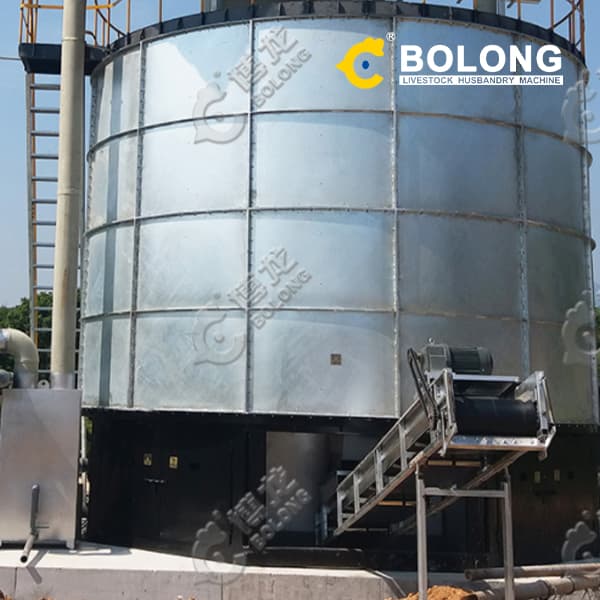Fermentation Tanks and Agricultural Research
Introduction: Agricultural research is vital for developing innovative and sustainable farming practices. Livestock fermentation tanks provide valuable opportunities for research. This article explores the role of fermentation tanks in agricultural research.

Composting Processes: Researchers use fermentation tanks to study composting processes and optimize conditions for nutrient recycling and pathogen control. This research supports the development of more efficient composting technologies.
Soil Health Studies: Fermentation tanks produce compost that is used in soil health studies. Researchers evaluate the impact of compost on soil fertility, microbial activity, and plant growth, contributing to sustainable farming practices.
Environmental Impact: Research on the environmental impact of fermentation tanks includes studies on greenhouse gas emissions, nutrient runoff, and water quality. This research informs policies and practices for sustainable agriculture.
Case Study: An agricultural university installed fermentation tanks for research purposes. The tanks facilitated studies on composting efficiency, soil health, and environmental impact, contributing to advancements in sustainable farming.

Conclusion: Livestock fermentation tanks play a crucial role in agricultural research by providing opportunities to study composting processes, soil health, and environmental impact. These contributions support the development of sustainable farming practices.
-
 innovative animal dung composting tank24-08-31Sustainability | Free Full-Text | Optimization and Experiment Jul 21, 2023 · As livestock and poultry farming expands in China, the generation of fecal waste has significantly increased. Inadequ...
innovative animal dung composting tank24-08-31Sustainability | Free Full-Text | Optimization and Experiment Jul 21, 2023 · As livestock and poultry farming expands in China, the generation of fecal waste has significantly increased. Inadequ... -
 high-quality organic fertilizer composting system24-08-31Compost 101: A Beginner’s Guide to Organic Composting Dec 13, 2023 · Discover the essentials of organic composting with our comprehensive beginner's guide. Learn how to transform kitchen and gard...
high-quality organic fertilizer composting system24-08-31Compost 101: A Beginner’s Guide to Organic Composting Dec 13, 2023 · Discover the essentials of organic composting with our comprehensive beginner's guide. Learn how to transform kitchen and gard... -
 reliable chicken dung compost vessel24-08-31Chicken Manure Compost in Just 18 Days - Salt in my Coffee Jul 2, 2024 · That happens to be the perfect balance for a good hot compost pile. And from what I could see, the deep layers of pine sha...
reliable chicken dung compost vessel24-08-31Chicken Manure Compost in Just 18 Days - Salt in my Coffee Jul 2, 2024 · That happens to be the perfect balance for a good hot compost pile. And from what I could see, the deep layers of pine sha... -
 large scale poultry manure compost tank24-08-31easy operated large scale composting-Fermentation Control 2024/5/1/ · The activities of CMCase, β-Gase and FPase were detected at 0.365 U/g, 0.115 U/g and 0.096 U/g on day 0 of composting. As sho...
large scale poultry manure compost tank24-08-31easy operated large scale composting-Fermentation Control 2024/5/1/ · The activities of CMCase, β-Gase and FPase were detected at 0.365 U/g, 0.115 U/g and 0.096 U/g on day 0 of composting. As sho...